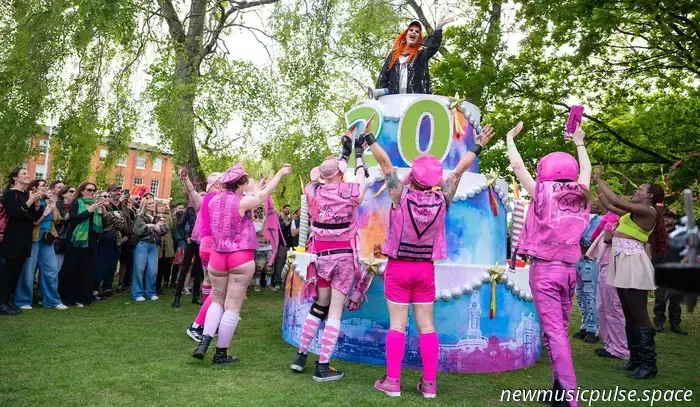
If there’s one city whose music scene likely doesn’t require promotion, it’s Manchester. The North West's largest city has consistently exceeded expectations in this area—which makes Sounds from the Other City an especially captivating festival, one that celebrates the music of Salford, Manchester's "little sibling." Salford is both a crucial part of Manchester and a distinct city, and SFTOC embodies this duality: it feels both local and broad, wonderfully peculiar yet warmly inviting.
The day festival has evolved significantly since its inception in 2005—when only four tickets were sold in advance—to now where the line for wristband pickup reaches far down Chapel Street. SFTOC has maintained its grassroots approach to artist bookings: local promoters apply to host a stage and have complete freedom to choose the artists they want, as long as there’s adequate representation of female/non-binary and global majority performers. The outcome is a bit anarchic, which we mean as a compliment. The day kicks off with None at the University of Salford’s Maxwell Hall: featuring Gordon Moakes (formerly of Bloc Party) on bass, the quartet delivers punk-infused, agitated noise rock that energizes an early audience, including several delighted toddlers wearing earmuffs.
Maxwell Hall, one of the larger venues, is co-curated by Fat Out and Heavenly Recordings, whose diverse selections span a wide range of styles. Tristwch Y Fenywod is notably quirky: coming from Leeds but singing in Welsh, they transition from an a cappella chant to a set of somber, slightly discordant gothic rock that invites unflattering comparisons to The Cure. (At one point, they even ask the audience to be quiet, which doesn't help their case.) Much more entertaining are Big Joanie, who deliver one of the most high-energy performances of the festival, infusing their surprisingly sensitive punk rendition with exuberance. Later, Grove, Toya Delazy, and TaliaBlet take over the stage for an innovatively creative dance set, blending everything from dubstep to hip-hop. The ballroom (the Drag Race type, not the Strictly type) collective Ghetto Fabulous adds to the sheer chaos, which is less a warm-up for the late-night sets and more a bold musical challenge. Those toddlers are nowhere to be seen now.
Other venues offer a contrasting atmosphere. Every urban festival should include its own chapel, and St. Philip’s Church truly delivers: it’s a beautiful space that is coincidentally celebrating its 200th anniversary this year, alongside SFTOC’s 20th. We drop in for a performance by Welsh–Ukrainian artist Nøelle, who layers future bass rumblings over synth loops and softly audible vocals, followed by Tara Lily’s jazzy trip-hop—enhanced not just by her warm vocals but also by some impressively adept playing on a Nord Stage 3.
Across from Maxwell Hall is Peel Hall, a seated lecture hall that presents more of a challenge for its curators, Now Wave. Country-rock band Brown Horse delivers an outstanding set following the release of their excellent second album All the Right Weaknesses, but the mandatory seating creates a clear issue, and many attendees appear frustrated by the inability to stand and stomp along. Danish violist Astrid Sonne fits in much more comfortably: her set is both subdued and endlessly dynamic, featuring a structural unpredictability that shifts from Julia Holter–inspired art pop to moody industrial ambient. The highlight is her 2024 song “Staying Here,” which evolves from a simple arpeggiated synth introduction to an unexpectedly poignant ballad, captivating its perfectly still and silent audience.
SFTOC’s organizers must have been grateful for the bank holiday sunshine, as some of the festival's most enjoyable moments take place outdoors. Sunset at Bexley Square is arguably the day’s peak: festival-goers spill out from Porta and the New Oxford to gather under the sparkling eyes of Samrai and Chunky, who deliver a back-to-back set of UK funky and garage beats, leading the crowd in chants of “Free Palestine” and “End the occupation now.” At 10 p.m., people flock back to their respective pubs, which become a bit too crowded to be comfortable as they continue the festivities past midnight. For the truly dedicated bank holiday revelers, it's just a quick hop to Salford’s notorious nightclub White Hotel, where Morsel and Self’s lineup of DJs keeps the energy going until seven in the morning. Does “them” include your diligent, definitely sober Clash reviewer? Err… no comment.
Words: Tom Kingsley
Photography: Breige Cobane




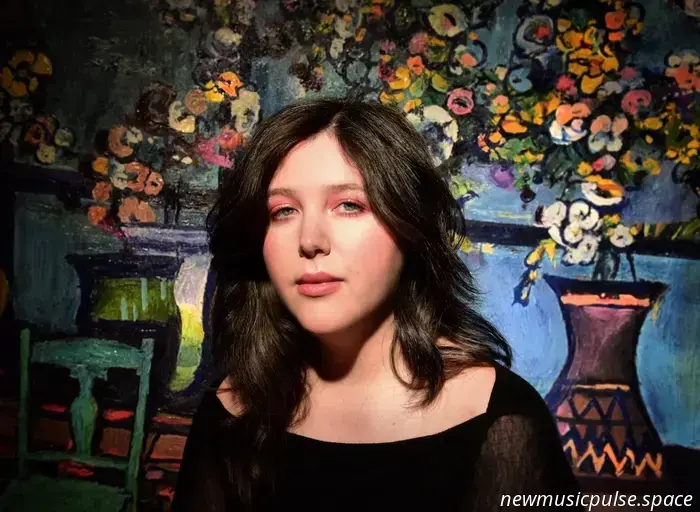
Die Autoren des Atwood Magazine diskutieren Lucy Dacus'atemberaubend intimes, wunderschön strahlendes und textlich reiches viertes Album "Forever Is a Feeling" und packen seine nuancierten Meditationen über Liebe, Zeit, Verletzlichkeit und was es bedeutet, wirklich das Beste daraus zu machen."
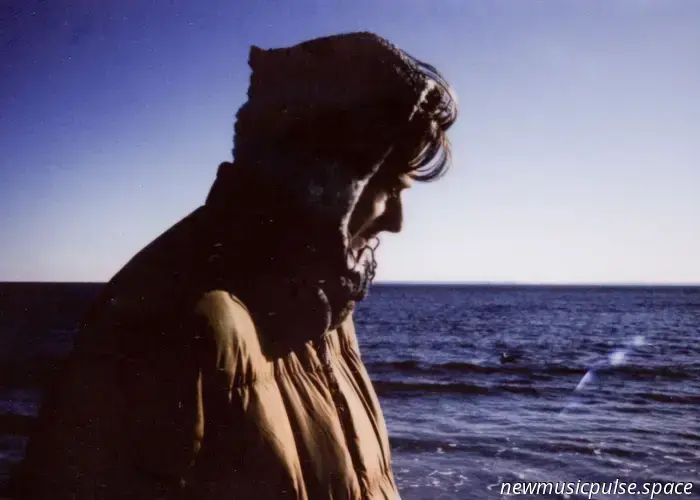
Jacob Theriot von Jaco Jaco taucht tief in sein Funk-infundiertes zweites Album 'Gremlin' ein und reflektiert über Wachstum, kreative Kontrolle und das Finden von Klarheit in den sich ständig verändernden Gezeiten des Lebens.
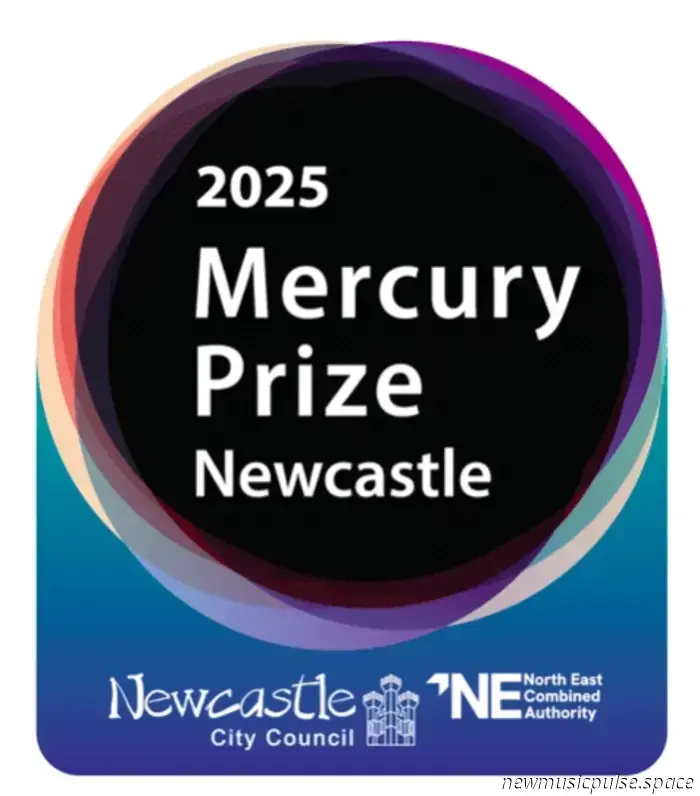
Der diesjährige Mercury Prize findet in Newcastle statt. Die Veranstaltung beleuchtet die besten britischen und irischen Albumveröffentlichungen und hat sich zu einer der

Der portugiesische Singer / Songwriter Cristóvam spricht über seine neue Single "Fever", die Zusammenarbeit mit Boy & Bear und die Balance zwischen Leben und Musik.
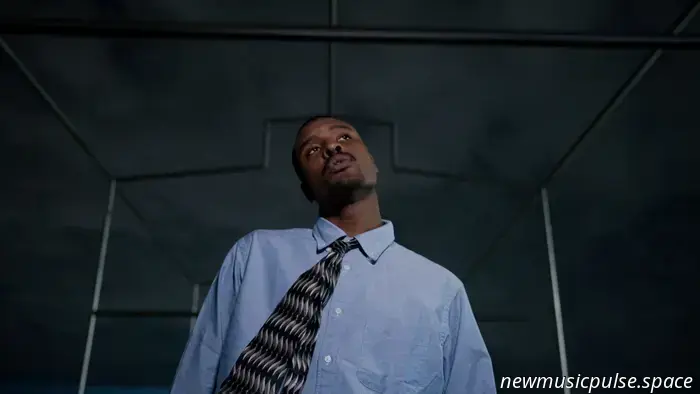
Der Baltimore-Musiker Nourished By Time wird sein neues Album 'The Passionate Ones' am 22.August über XL Recordings veröffentlichen. Marcus Browns neue Ära beginnt
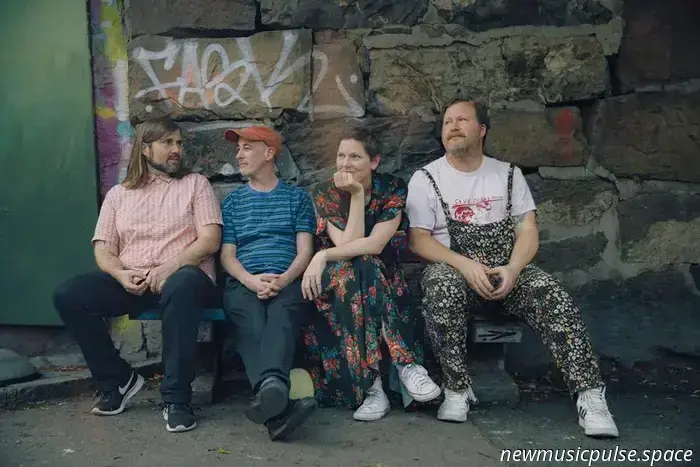
Indie-Pop-Doyens Allo Darlin' werden diesen Sommer ein neues Album 'Bright Nights' veröffentlichen. Die anglo-australische Gruppe zog den Vorhang zu ihrer Zeit herunter
If there’s one city whose music scene likely doesn’t require promotion, it’s Manchester. The largest city in North West England has consistently exceeded expectations in its musical contributions.